
Alphabetical Menu
Chronological Menu

In Civil War (or, Who Do We Think We Are), director Rachel Boynton sheds light on how the truth about slavery being the root cause of the Civil War has been whitewashed in the United States. Many confederates believe that the Civil War was a war between the states and about economics, not about slavery. Boynton interviews politicians, teachers and students in both the Northern and Southern parts of the US. She should be commended for being fair and balanced by showing both sides of the argument and providing them with a safe space to speak candidly. Even those who don't believe that slavery is the root cause get to speak their mind as well. What they say is quite shocking and disturbing, especially because they're essentially erasing part of US history, similar to how the Holocaust deniers are trying to deny that the Holocaust existed. The most interesting part of the doc is when she interviews the students and teachers, particularly Cate Arnold, an 8th teacher at Boston Latin Schools who lets her students have an open discussion on systemic racism. The way that the teacher reacts with respect and empathy to one of the students who whitewashes racism shows not only that she's a great teacher who encourages critical thinking, but also a compassionate human being and a great role model for her students. It would've been interesting to interview the students' parents too because, after all, everything a child learns comes from somewhere, most often from their home. Although Civil War (or, Who Do We Think We Are) doesn't give much hope for changing the mindset of brainwashed, ignorant people who deny the true horrors of the Civil War, it's nonetheless an alarming and vital stepping stone toward truth and, above all, democracy. The more we face the harsh truths about history or the present without any sugar coating, the closer we'll be to democracy. At a running time of 1 hour and 40 minutes, Civil War (or, Who Do We Think We Are) opens at IFC Center through MTUCKMAN MEDIA while streaming on Peacock. Blue Bayou 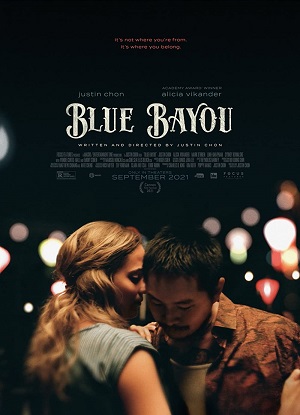 Antonio LeBlanc (Justin Chon) immigrated to the United States from Korea at the age of 3 when he was adopted. He lives with his wife, Kathy (Alicia Vikander) and her daughter, Jessie (Sydney Kowalske), in the Louisiana bayou while he struggles to make ends meet. His past comes back to haunt him when he risks being deported by ICE after he gets into a fight at a supermarket with a crooked cop, Denny (Emory Cohen), who's the partner of Ace (Mark O’Brien), Kathy's jealous ex-boyfriend who's also Jessie's biological father. Antonio becomes a tattoo artist and turns to his old ways of getting money by stealing motorcycles to pay for his lawyer (Vondie Curtis-Hall) to fight his deportation. Blue Bayou starts as a slow-burning, engrossing story that becomes increasingly heavy-handed, overstuffed and undercooked. The screenplay by writer/director Justin Chon does a decent job of introducing the character of Antonio as he deals with many conflicts including his wife's ex, ICE deportation, crooked cops, racism, money problems, his friends who are bad role models, and his estranged mother who adopted him years ago. That's a lot of conflicts for the film to chew and, unfortunately, it bites off a lot more than it could chew without exploring any of its themes profoundly enough. Antonio is an interesting character who's not the most likeable, but he's still a good person on the inside and clearly has a lot of psychological trauma to deal with. Unfortunately, the screenplay doesn't construct a large enough window into his heart, mind and soul, so you barely get to know him by the time the end credits roll. You do learn some of the traumatic events from his past, but he remains emotionally distant from the audience. There are a few small poignant moments during the first hour, though, as he interacts with his step daughter. The rest of the film feels like it's just going through the motions without slowing down to breathe life into any of its characters. The best aspect of Blue Bayou is its scenery which adds some poetry, substance and style, but not enough to elevate the film above mediocrity. While the first hour moves at a slow pace, the second suddenly picks up its pace which leads to unevenness. Also, writer/director Justin Cho resorts to too much shaky cam that's nauseating. There's enough tension within the screenplay, so why use shaky cam? The ending tries to be powerful and emotionally resonating, but its beats don't land because too many scenes overstay their welcome and Cho hits the audience over the head with maudlin scenes and a musical score that's overbearing. It essentially turns into a soap opera and not a very moving one. If he were to trust the audience's emotions more and to continue to trust the audience's patience like he did in the first half of the film, it would've been effective on an emotional level. The performances are fine, but not enough to rise above the weak screenplay. At a running time of 1 hour and 52 minutes, which feels more like 2 and half hours, Blue Bayou is poetic, but overwrought, contrived and clunky with uneven pacing. 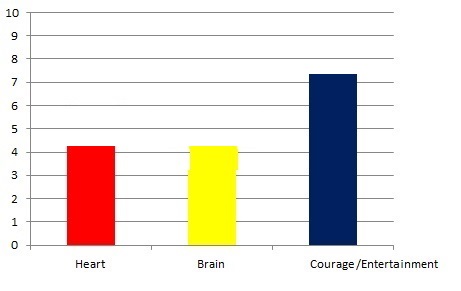 Copshop 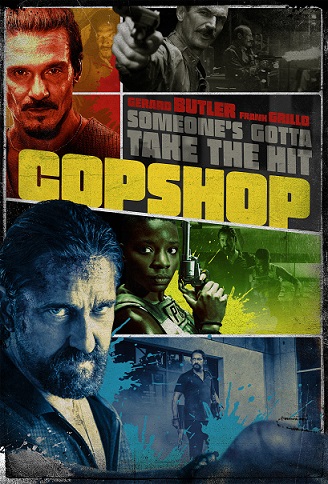
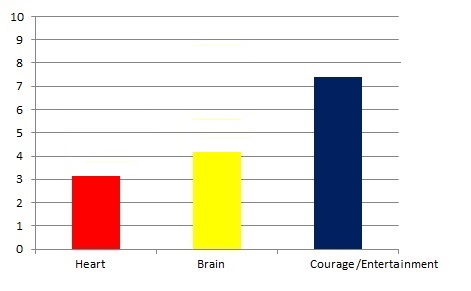 Cry Macho 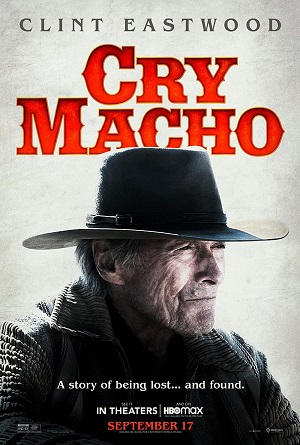 After Mike Milo (Clint Eastwood), a retired rodeo star, loses his job at a ranch, his former boss, Howard Polk (Dwight Yoakam), hires him to travel to Mexico for a risky job. He wants him to kidnap his 11-year-old son, Rafo (Eduardo Minnett), and bring him to him back to the US because he believes that Rafo's mother (Fernanda Urrejola) is alcoholic and abusive toward him. Cry Macho has a premise that sounds like many movies wrapped in one; a road trip adventure, a character study about a grieving man, a friendship between him and a younger boy who's old enough to be his grandson, and a romance between the man and a grieving widow (Natalia Traven) who runs a tavern in Mexico. Neither of those subplots work. The screenplay by N. Richard Nash and Nick Schenk, based Nash's novel, bites off more than it could chew and suffers from an uneven tone as well as stilted and on-nose-dialogue. For example, early on, Mike says to Howard, "What do you want?" before Howard explains that he wants Mike to kidnap is son in Mexico. To have a character ask "What do you want?" is a very lazy way to add exposition to film. In another scene, a headline in a newspaper clipping explains that Mike injured his back long ago in a rodeo, but then the camera brings the newspaper's photo to life with a brief flashback that shows precisely how Mike was injured. Why be redundant and spoon-feed the audience? They can read and use their imagination.
This is the kind of film where you can hear the screenplay turning from start to finish while none of the scenes ring true. The romance between Mike and the widow feels contrived as does the bond between Mike and Rafo which is one of the most important relationships in the film. Eastwood and the screenwriters opt for a more gentle and lighthearted story rather than a dark, deeper and more moving one. By shying away from the darker elements like Mike's grief or his widowed lover's grief or from Rafo's struggle, it fails to breathe life into any of its characters and sugar-coats their lives. Why not trust the audience's emotions more and let them get a sense of the characters' emotional pain? It also dehumanizes them to the audience. They each have a heart, mind and soul, so why not show that to the audience? Cry Macho becomes increasingly lethargic and hackneyed with an ending that feels rushed without earning its uplift. The performances by Clint Eastwood and the other actors are mediocre at best. Perhaps they don't have a good enough screenplay to display their acting talent; Eastwood definitely has given better performances before. Here he just seems tired and going through the motions. The rooster that plays Macho steals the show with an Oscar-worthy performance. He even gets the final line in film before the end credits roll. When it comes to the production values, there's nothing to write home about; the cinematography is decent, but far from great, while the scenery doesn't add much style or substance. At a running time of 1 hour and 44 minutes, which feels more like 3 hours, Cry Macho is underwhelming, anemic and undercooked. 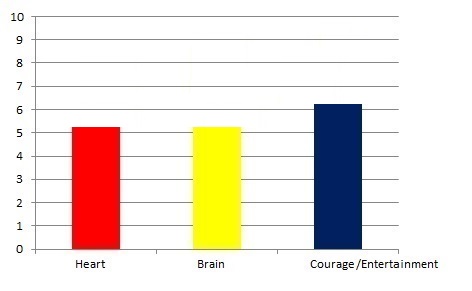 Lady of the Manor 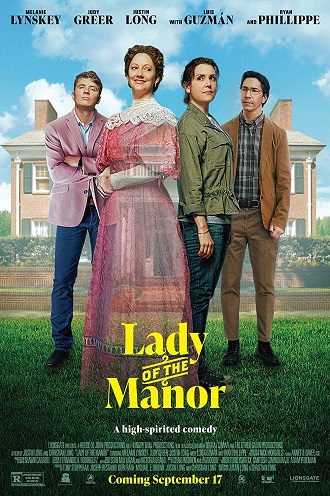
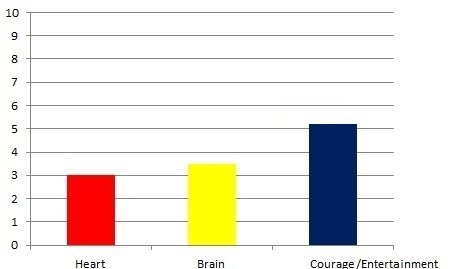 The Nowhere Inn 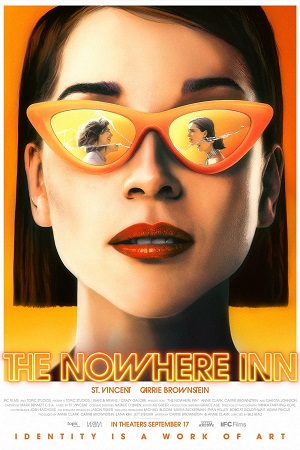
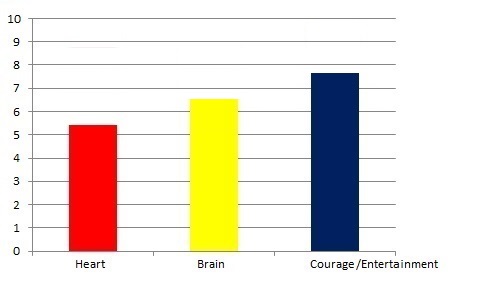 Saint-Narcisse 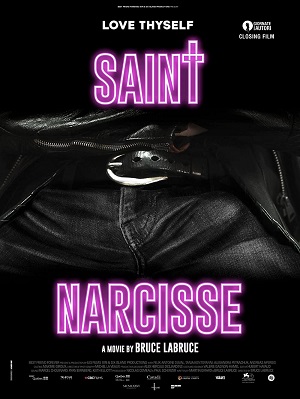
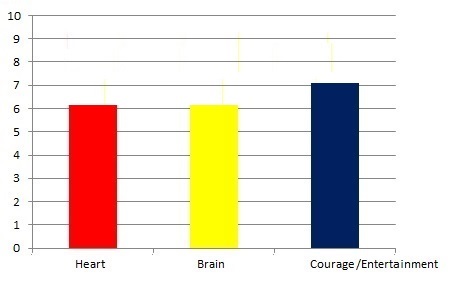 Wife of a Spy 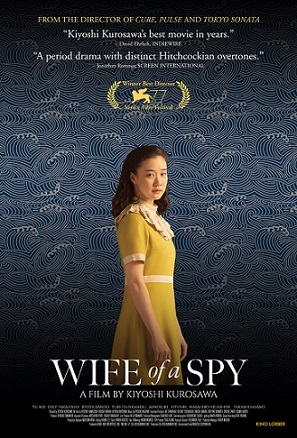 In 1940 Japan, right before the start of WWII, Yusaku Fukuhara (Issey Takahashi) works as a silk merchant and spends his time making films on the side. His wife, Satoko (Yu Aoi), meets up with an old friend, Taiji (Mashiro Higashide), who now works as the head of the city's police force. Yusaku visits Manchuria with his nephew, Fumio (Ryota Brando), and puts his life in danger when he films crimes against humanity committed by the Japanese army which he then shows to the Americans. He also jeopordizes his relationship with Satoko once she finds out the truth about his actions. Director/co-writer Kiyoshi Kurosawa doesn't include much action, palpable thrills or even edge-of-your seat suspense; the focus remains on the characters, their relationships and their motivations, much like in The Lives of Others. First and foremost, Kurosawa sees and treat Yusaku and Satoko has human beings rather than merely pawns to move the plot forward. The screenplay by Kurosawa and co-writers Ryűsuke Hamaguchi and Tadashi Nohara effectively incorporates exposition so that the audience understands what's going on without being confused like in Tinker Tailer Soldier Spy, but also without allowing them know too much and to be too far ahead of what the characters in terms of what they know. They also avoid the use of flashbacks or voice-over narration to tell the story which is a pretty impressive feat. Satoko finds herself in a conflict because she's friends with Taiji while Taiji and his police force keep on eye on her husband who may or may not be a spy. Whose side is she on? Whose side is Yusaku on? Those ambiguities along with the confrontation between Satoko and Tusaku make for an equally provocative and gripping experience. When it comes to the production values, everything from the set design to the lighting and camerawork are superb and add both substance and style without being excessive. The same can be said about the music score which doesn't feel overbearing, intrusive or unnecessary. Kurosawa clearly knows that he doesn't need the music to provide the tension because it's already present within the story and the screenplay. He also knows that he doesn't need shaky cam to generate tension either. Yu Aoi and Issey Takahashi both give solid, moving performances that breathe life into their roles. It's also worth mentioning that the pace moves slowly, although not very slow like in Azor, which helps the audience to become more easily absorbed by the film. At a running time of 1 hour and 55 minutes, Wife of a Spy is one of the most spellbinding, taut and intelligent thrillers since The Lives of Others.
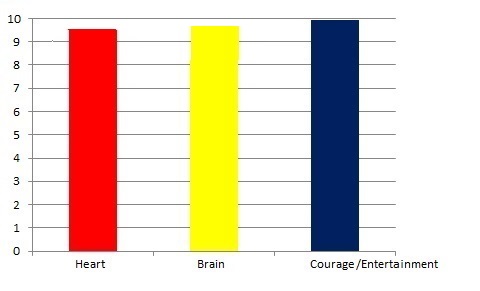 |